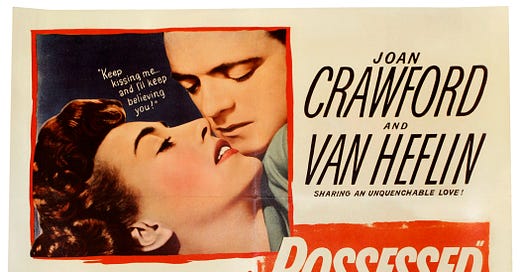It's no coincidence that many of the films I'm drawn to explore the psychological realm. These types of movies possess a captivating quality that lingers in the mind long after the credits roll. A great psychological thriller, drama, or film noir utilizes some of the most talented actors who deliver rich, multilayered performances. These thought-provoking cinematic gems spark engaging discussions, even decades after their initial release.
This film, while captivating, is deeply unsettling on multiple fronts. From its exploration of possessiveness and infidelity to its chilling depictions of murder and psychological disturbance, it grips the viewer with a pervasive sense of unease. Yet, this very darkness is what makes the film so compelling. By opening with a foreboding tone and sustaining an air of mystery throughout, it keeps the audience engaged, eager to unravel the disturbing layers of the narrative until the very end. Though the subject matter may be disturbing, the film's masterful storytelling and psychological depth make it a thought-provoking viewing experience.
The beginning of the film transports us to a hospital psychiatric ward, where we find Louise Howell (played by the incomparable Joan Crawford) recovering from a devastating mental breakdown. Under the watchful eye of Dr. Willard (Stanley Ridges), Louise begins to recount the tumultuous events that led her to this point.
Keep reading with a 7-day free trial
Subscribe to Jill Brown Sykes: Flicks & Forks to keep reading this post and get 7 days of free access to the full post archives.



